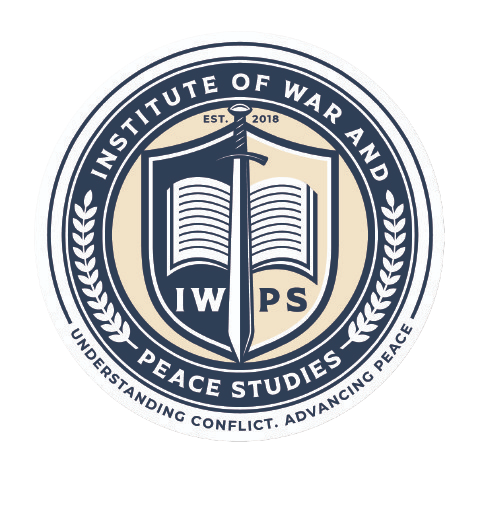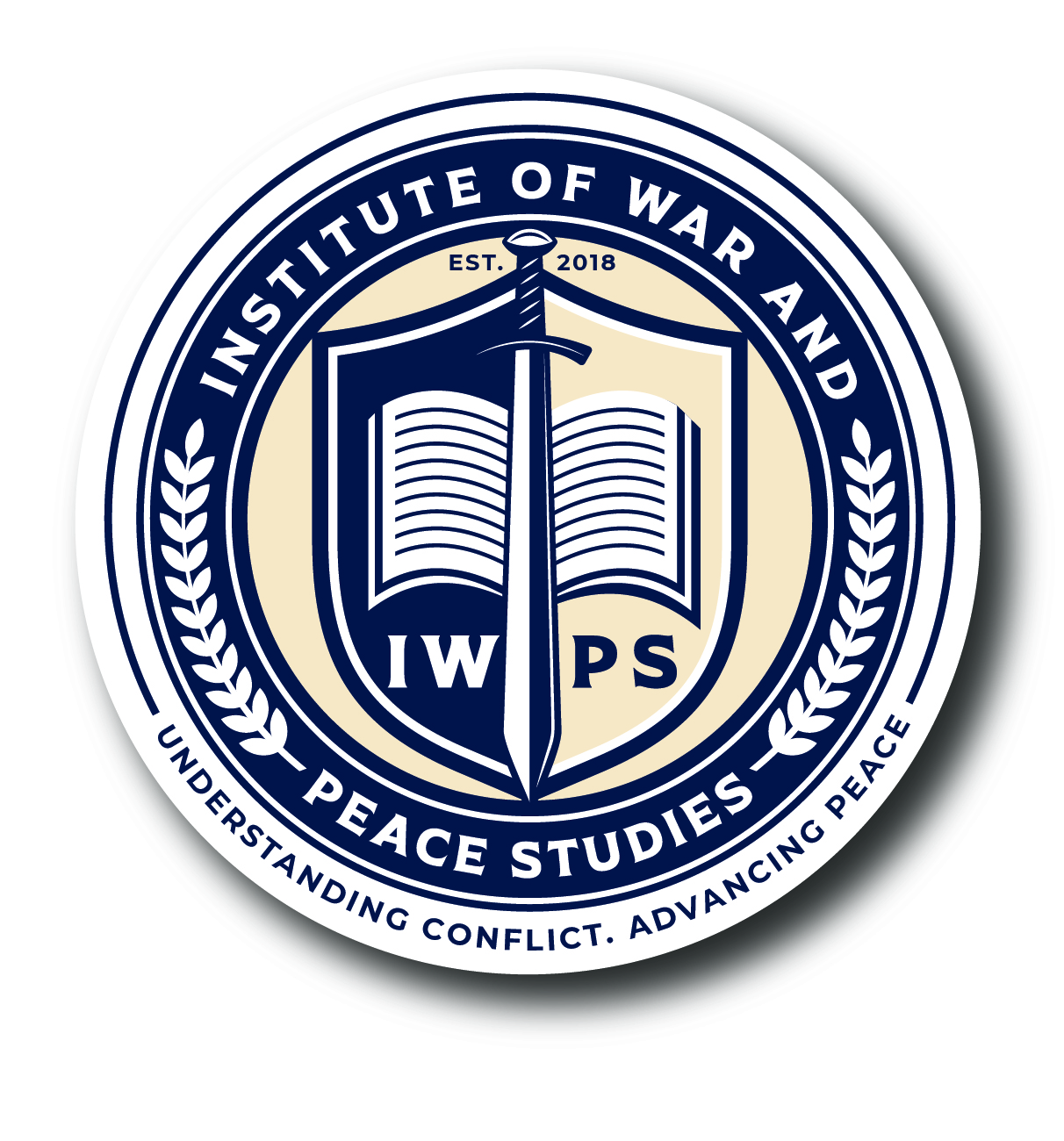As global power dynamics shift away from a U.S.-dominated unipolar system, peacekeeping faces new geopolitical challenges. Emerging regional powers, decentralized conflicts, and complex alliances are transforming the way international peace operations function.
Body:
Traditional UN peacekeeping missions were designed in an era when Cold War tensions defined clear lines of authority. Today, the landscape is fragmented. Powers like China, Russia, and regional blocs such as the African Union and ASEAN are playing more assertive roles in conflict zones.
This multipolarity introduces both opportunities and obstacles:
-
Opportunities: Regional actors may have a deeper understanding of local dynamics and can respond faster.
-
Obstacles: Conflicting interests among great powers can stall intervention, reduce funding, or politicize missions.
To remain effective, peacekeeping must evolve. Solutions include:
-
Strengthening partnerships with regional organizations.
-
Investing in rapid deployment capabilities.
-
Incorporating technology and local mediation efforts.

